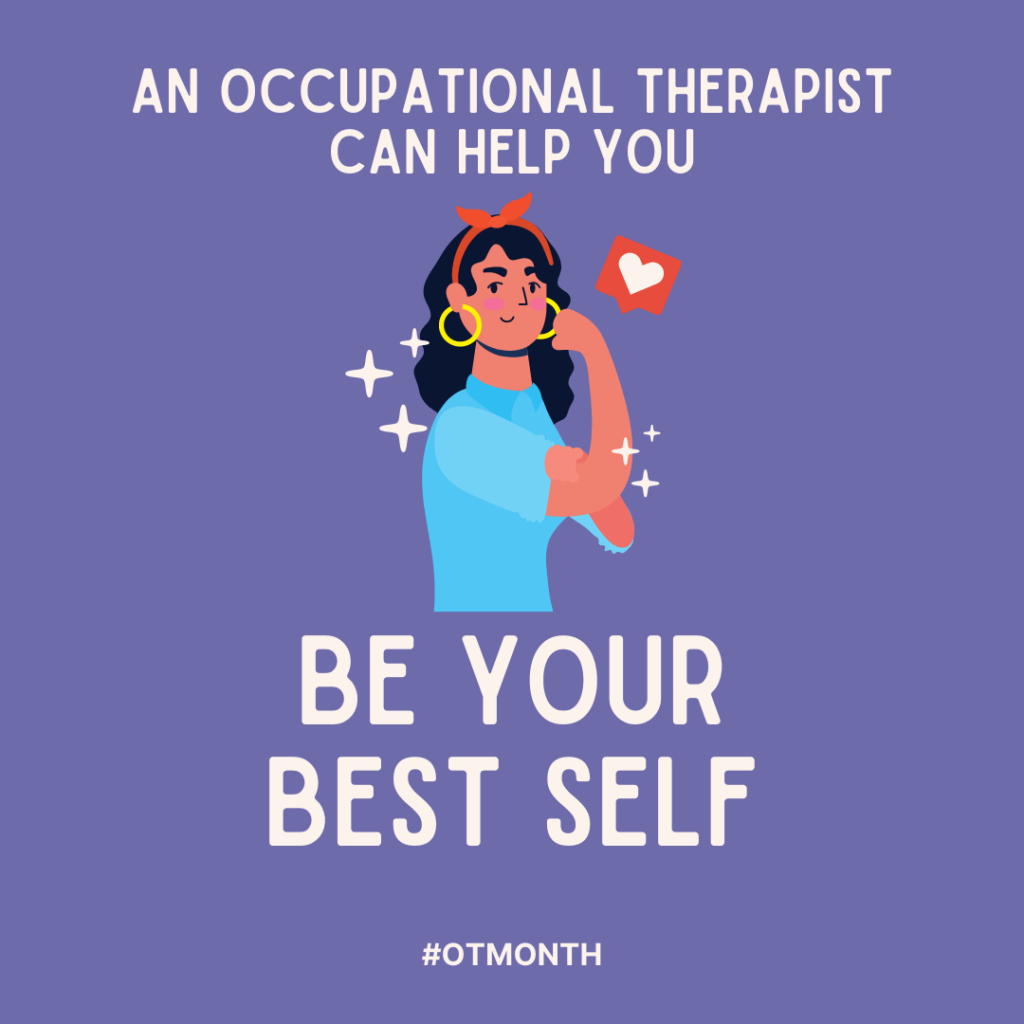By Dawn Heiderscheidt

Undergoing chemotherapy can have a two-fold effect on the body.
While it can slow or stop the cancer, it can also cause unintended consequences such as neuropathy of limbs. Chemotherapy-Induced Peripheral Neuropathy (CIPN) is a sensory peripheral neuropathy that can affect one or both hands or feet and is often referred to as a “stocking and glove” pattern of sensation issues and pain. While this (and all symptoms) should be discussed with your doctor, they may refer you to a therapist to receive help.
If you’re wondering how a therapist can help with some of these symptoms, Occupational Therapists/ Physical Therapists (OTs/PTs) are uniquely positioned to assist individuals with CIPN. They have knowledge of anatomy, disease processes and progression. Each person will have a different journey, but a therapist can individualize the approach to you.
CIPN can include numbness and tingling, as well as cold/hot sensations or pain. It can decrease your ability to perform daily activities or cause an increased fear of falling. As a result, there are several things you can do to address these deficits that an OT can help you through.
OTs can help you adapt the activities you perform, obtain equipment or direct you to the correct resources to obtain your own, and teach you new habits and routines (performance patterns) to address any lingering deficits you may experience from treatments.
Here are five general themes an OT may address and suggestions they may make while working with individuals with CIPN:
- Adaptations to Daily Tasks
- An OT may suggest adaptations to your cooking routine (e.g., the use of a one-handed rocker knife) because tasks such as cutting with knives can be dangerous, even with no sensory deficits.
- They can assess your functional needs and deficits and provide recommendations. For example: if you have sensory issues in your hands, tying shoes can be difficult. An OT may suggest Velcro shoes or slip-ons with use of long handled shoehorns or elastic laces to address other dressing issues
- OTs can offer adaptive devices and routine modifications for tasks such as blow drying your hair, braiding your hair, putting on/removing head coverings for hair protection, beard care management, or showering.
- Modifications to Home
- Adding proper lighting to hallways/walkways can help reduce falls when you have limited sensation in your feet. Mobile outpatient therapists can come to your house to perform a home safety evaluation to assess lighting and other environmental modifications/adaptations to reduce risk of injury.
- Pain management
- OTs can address alternative methods for pain management – some are even certified in acupuncture, cupping, reiki, and mindfulness and yoga.
- New Performance Patterns:
- One of the most important things to discuss with an OT is protection and management of risky behaviors (e.g., protecting your hands with gloves when performing tasks such as gardening or cooking). If affected by any sensory concerns, you may not be able to feel when/if a knife or thorn cuts you. By wearing gloves, you will protect your skin and reduce the risk of infection.
- Visual Inspections
- OTs can help provide methods to visually check your hands/feet for cuts or scrapes daily to avoid potential infections from wounds that you were not aware existed. For example, you can place a mirror under your bed and slide it out every night to visually inspect the bottom of your feet with ease.
CIPN can be impactful across many domains of your everyday life, but pairing holistic approaches with traditional medication approaches has shown to have positive effects on both the healing and management of symptoms post chemotherapy.
While this list is not comprehensive, it can show you the benefits of an OT consult while dealing with CIPN. If interested, discuss an Occupational Therapist referral with your doctor.
Dawn is an Occupational Therapist and Founder of a mobile outpatient therapy practice, Aurora Independence. After switching careers from teaching she graduated from Temple University with a Masters in Occupational Therapy. Since then, she has worked in a variety of rehab settings treating a variety of diagnoses’. Currently, when not seeing clients in their home/ community she is partnered with a local 55+ community center offering online fall recovery workshops, she trains dogs and enjoys hiking the Wissahickon with her own dog, Odin.
Your comments were very helpful in my search as to whether or not oxicodone would help me handle my nerve pain in my legs and feet caused by chemotherapy. Thank you
I already have non-diabetic sensory neuropathy in both feet and legs. Will oral targeted chemo med worsen this?
Sandra, it really depends on the medication. Some have neuropathy as a side effect while others do not. And of course, not everyone gets every side effect of a medication. If the medicine you are given has neuropathy as a side effect, you should be on the lookout for any worsening or new symptoms of neuropathy and call your provider if that occurs. I don’t think it is a reason to not take the medicine, just be very aware of how your neuropathy is doing and stop the medicine if it changes.
I have had chemo due to breast cancer. It has been 6 mins since my last chemo treatment. I deal with peripheral neuropathy. I am on a medication for pain 1500 mgs a day. ,. My balance is off and some numbness is present. Small motor skills (buttons, earrings are different). Should I be seeking physical/occupational therapy?
Yes Lori, an OT or PT could certainly help assess and provide tips for safety, and help you work on those fine motor skills. I hope you can get to see a therapist to help you.